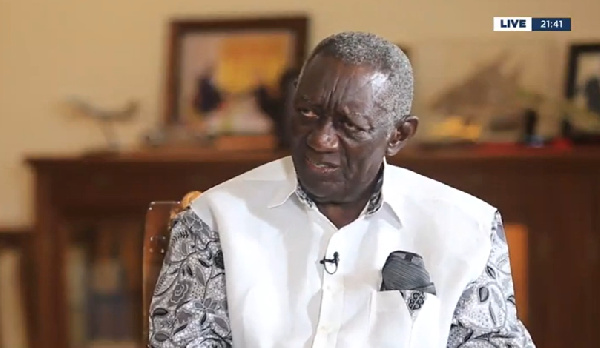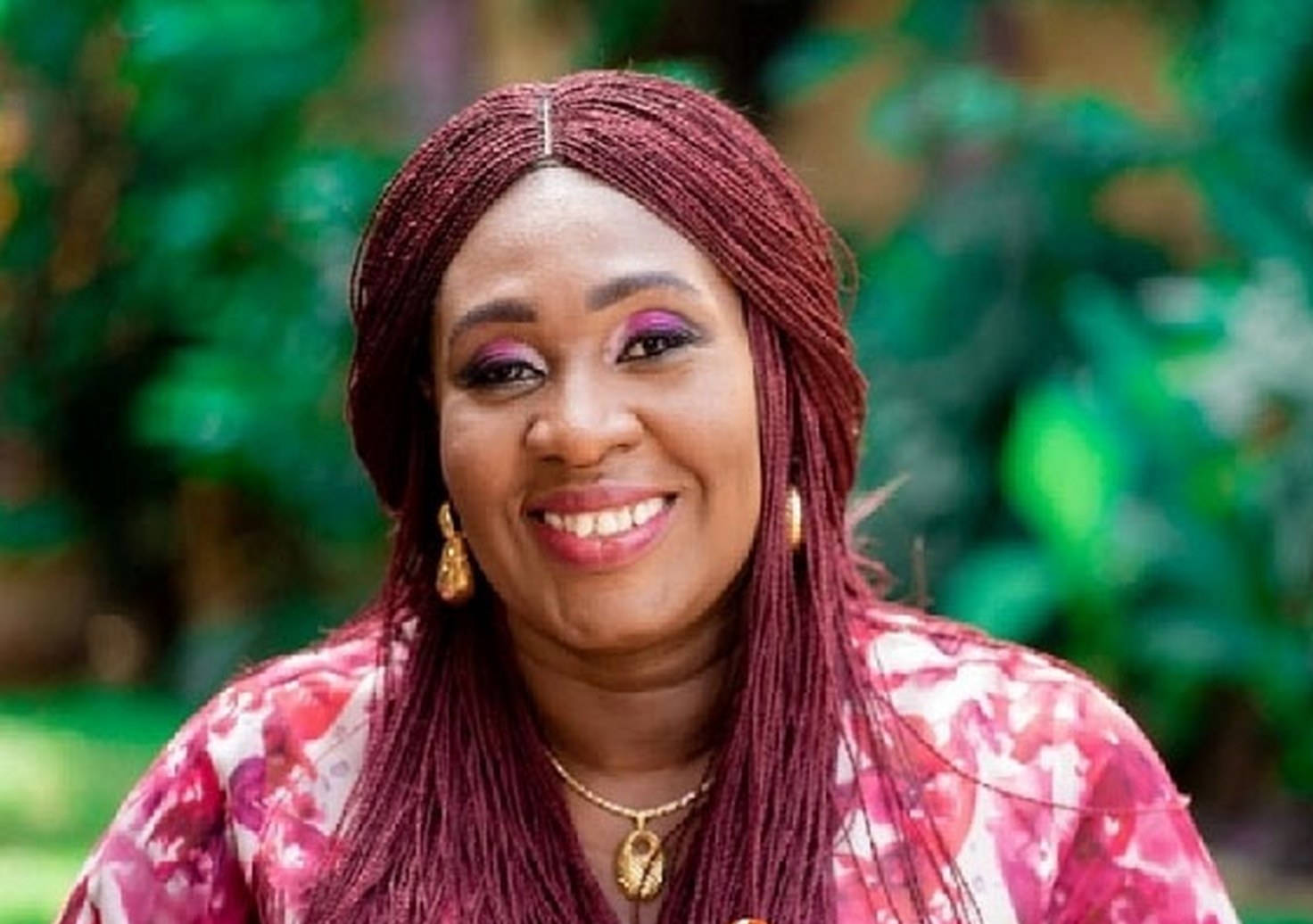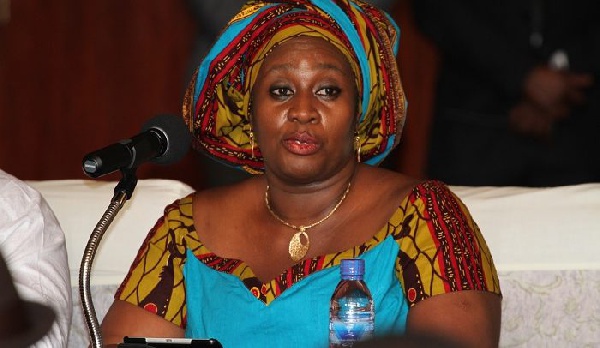

By Callie Hitchcock
Names have been changedAs we see with hired family members, professional cuddlers, therapists, and bodyworkers, intimacy and commerce often overlap under capitalism. This is equally—perhaps especially—true for someone like Sarah, who works as a “sugar baby” to support herself.
Sarah is a friend of a friend, and whenever I spent time around her she exuded a warm, friendly glow. I was drawn to how easy it was to connect with her, soaking up a mood that felt light and fun. After posting a callout on Facebook looking for sugar babies as part of a reporting project, she messaged me to tell me her story.
Sarah, now 22, joined the site Seeking Arrangement about three years ago. In her final year of high school, she became interested in escorting services and ultimately ended up getting some clients through the website while living in her small hometown in British Columbia, eventually shuttling over to larger cities like Victoria or Vancouver on the ferries for more clientele. Over time she settled on the price of $500 for a dinner, wine, and sex arrangement—a somewhat standard price among the sugar babies I interviewed.
During her first few months on the site she met Dan, a divorced father of two in his 40s. He paid her $500 twice a week to go on dates. Over time, she began to feel differently about him than she did her other clients. “The first night we got together it felt different. We had sex and rather than him being like, ‘Hey, that was fun, see ya,’ we just sat in bed talking, and we got along and had a lot in common.” They also started to want to see each other more than he could afford. They agreed that he would pay for her gas to come and see him but didn’t need to pay her regular fee. “Once we started seeing each other for a bit, I was like, ‘I don’t want you to pay me anymore. It doesn’t seem right,’ ” she says.
Sarah and Dan clicked—which is certainly something that can happen in any job with an interpersonal element. But what’s interesting is that sugaring necessarily requires a striving toward intimacy, whether real or performed. It feels fairly intuitive that, like movie co-stars who end up dating after playing each other’s love interests, over time and repetition, a performed intimacy could possibly lead to a real one. And after all, with sugaring, the job is literally dating. It seems reasonable that the same disappointments and successes of intimacy in regular dating would seep into sugaring. Even if you start out connecting for money, some of those connections might develop into something deeper.
“I think that arrangement dating has the ability to be semitypical as far as dating is concerned. With Sarah and I, it stopped being an arrangement and became dating,” says Dan, a power engineer in the Alberta oil sands. “[With] some of the girls I had tried arrangements with before, you could tell it was just about the arrangement. But I wasn’t looking for a quick meetup; I was looking to also meet someone I could connect with and text message and talk and share things with.” Dan joined the site after he and his wife divorced in 2014. He found it hard to date. Most of his friends were already married with children, and they didn’t “have a lot of time for just hanging out with the single guy,” he explains. With the nature of his job—two weeks in the Alberta oil sands, two weeks at home with his kids in a small town in British Columbia with a population of about 5,000 people—he was having a hard time finding the sort of connection he wanted.
Sugaring, as a dating model, has the ability to accommodate both people looking for long-term commitment and those looking for short connections or meetups. On Dan’s side of the spectrum, the payments and Seeking Arrangement were ways to show women that he was looking for connection and was in a position to contribute to their life financially.
Dan enjoys “being an older support figure or role model” and says that the nature of the relationship changed with Sarah “because of who she is.” He continues, “She liked me as a person and was interested in me and I felt the same about her. At the end of the day, all a person can hope for when they’re looking to date is to find someone that gets them and that they can connect with, and can fall in love with, and feel like it’s the right person. I’m really thankful that I found Seeking Arrangements and that I met Sarah.”
But can a paid arrangement ever really be “real”? “I think that there’s this preconceived notion that Seeking Arrangement and sites like that are purely monthly allowances and pay to play, and not that there’s genuine connections that come out of it,” Dan says. However, Dan thinks that sugaring should be normalized as a style of dating, and he likens its ascent out of the category of taboo to the widening of social acceptability for gay relationships. Speaking on the rise of sugar-baby visibility, Dan says, “I think a lot more women are becoming more independent and willing to take control of their own situation. And part of that is feeling empowered to take advantage of the fact that they are attractive and desirable and there’s a market for that with men. Because more women are empowered, they are not threatened by the stigma.”
Sugaring, broadly, has the potential to be a good fit for people who like the dynamic of a relationship where they are supported, or like the dynamic of being the provider. This can be a form of kink in some cases, but the caretaker–cared-for, or pursuer-pursued, dynamic is an aspect recognizable in most romantic relationships. Sugaring can also take a practical role in the dating world: It can be useful for people who don’t have a lot of time to meet people, people who are new to a city, people who aren’t finding connections in their current social spheres—all common realities that lead people to seek alternative dating methods. If there’s a dating app or website for people with an interest in BDSM (FetLife) or finding someone as hairy (Scruff), why shouldn’t it be acceptable to have a dating model and platforms for people who have the same desire for an explicit supported-provider dynamic?
Sarah plans to move in with Dan and has decided to stop sugaring entirely once she does. But some of the original dynamic remains. He will be buying her a car and will financially support her while she lives with him. Money is still a part of the relationship, just not in exchange for dates or discrete promises of time. As I discuss their relationship with her further, Sarah shares with me the wide range of murky and intractable emotional complexities bound up in the connection. “Despite feeling something special with him, and I am, in a way, in love with him, sexually it doesn’t feel like it did with my first boyfriend.” she says. “We do have a lot of fun together. He always makes me laugh. The love just doesn’t feel as innocent and pure as it did with my first boyfriend before all of this. It always feels like there’s a gray curtain in front of me. It feels like there’s always an agenda. It’s like, if I let him do this, maybe he’ll get me a puppy, or you know, something like that.”
Which is to say, sugaring can definitely come with potential limitations as a relationship model. Perhaps the sugaring dynamics from the initial setup of the relationship will bleed over awkwardly into the more regular relationship Sarah and Dan are currently undertaking. Or perhaps with decreased social stigma and more time spent developing their relationship, these two relationships structures eventually won’t feel so irreconcilable. Perhaps Sarah’s gray curtain will lift. Only time will tell.
Another reality for Sarah is that, after years of sugaring, she now has to grapple with the cumulative effects of creating a gap between herself and the persona she has had to project to successfully market herself. As a sugar baby with other clients, playing the character of loving girlfriend or exciting date—compartmentalizing her feelings throughout—has taken an emotional toll. “If I didn’t turn off my emotions, I would be a total wreck right now,” Sarah says dryly. “And one day it definitely will catch up with me. Any time I start feeling anything, I just think, nope, that’s for future Sarah to deal with, and then I drink.”
Nonetheless, she is excited to explore her relationship with Dan and move into his house in a small town in British Columbia. “I definitely feel like I want to move in with him. I don’t know if that’s my real feelings or my fake feelings because I kind of have both from being able to turn off my real feelings to feel safe. Whatever it is, it just feels right. I feel safe. I feel happy. And those are the two biggest things for me right now.”
For what it’s worth, Dan and Sarah both seem genuinely happy and grateful to have found each other, and never would have met without Seeking Arrangement. In addition to money, their relationship is built on a foundation of a mutual desire for affection, friendship, and intimate connection. All normal things—including, to a degree, the money, when you think about what dating usually entails. Maybe sugaring is just setting clearer terms? In any case, if it can lead to happily ever after for Dan and Sarah, maybe it can for others too.






